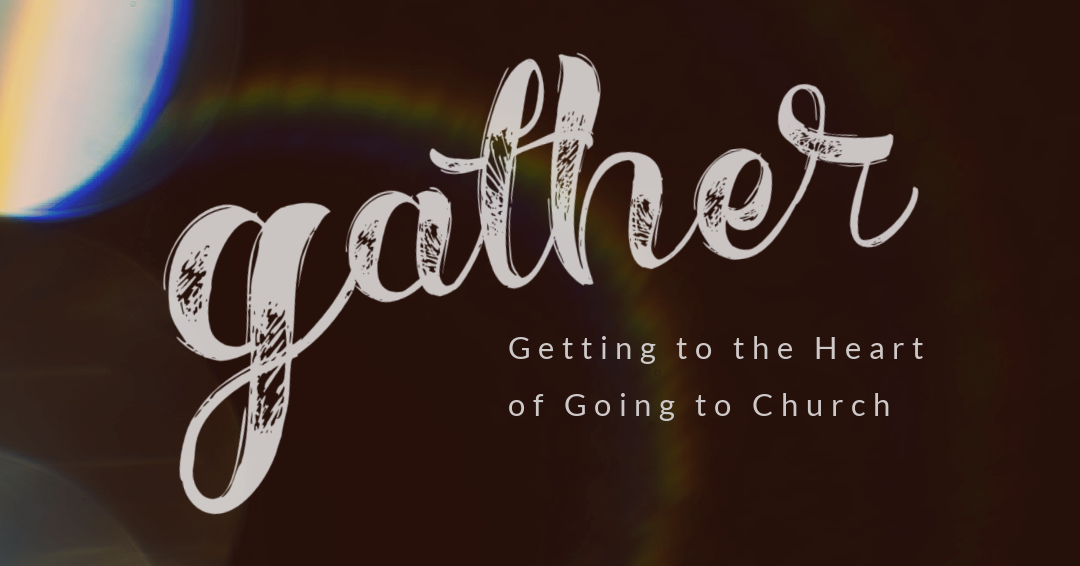I Know it When I See It


[The following is excerpted from the book, Gather: Getting to the Heart of Going to Church, Copyright © 2021 by M. Hopson Boutot. Click here to download the entire book for free.]
“I know it when I see it.” So goes one of the most famous phrases in the history of the Supreme Court of the United States. The year was 1964, and an Ohio theater owner had been convicted for violating obscenity laws by showing a film accused of being pornographic. The theater owner appealed his conviction to the Supreme Court and eventually won by a 6-3 vote.
In his brief concurring opinion, Justice Potter Stewart argued that the film did not violate obscenity laws since it was not hard-core pornography. Then he uttered that famous line, “I shall not today attempt further to define the kinds of material I understand to be embraced within that shorthand description [i.e., “hard-core pornography”]; and perhaps I could never succeed in intelligibly doing so. But I know it when I see it.”(1)
Instead of a clear definition, Justice Stewart left Americans with a vague notion of obscenity that is completely subjected to the personal tastes of the individual. One legal scholar summarized the utter subjectivity of Justice Stewart’s comments in this way: “In effect, ‘I know it when I see it’ can still be paraphrased and unpacked as: ‘I know it when I see it, and someone else will know it when they see it, but what they see and what they know may or may not be what I see and what I know, and that’s okay.'(2)
Towards a Definition of Non-Attendance
When it comes to defining the sin of non-attendance, I’m half-tempted to join Justice Stewart in saying, “I know it when I see it.” The problem with adapting such a vague and subjective definition (in fact it’s a non-definition) is that it doesn’t help anybody. If the clearest definition we can offer about the sin of non-attendance is “I know it when I see it” then our words can be paraphrased as: “I know it when I see it, and someone else will know it when they see it, but what they see and what they know may or may not be what I see and what I know, and that’s okay.” In the end everyone is content where they are (whether they should be or not), and nobody is pushed to evaluate how their faithfulness measures up against the truth of God’s Word.
Although we dare not be content with a definition as vague and subjective as “I know it when I see it,” we must admit this is no easy task. Your biblical dictionary likely won’t supply a definition and your concordance certainly won’t.
To complicate matters, this is an area potentially fraught with legalism. I’ve spent several years in churches that insisted faithful church attendance required a perfect record of showing up to a lengthy list of church events. I’ve heard pastors berate their members (sometimes even from the pulpit) for not showing up to Sunday School, Sunday morning worship, Sunday night worship, Tuesday night visitation, Wednesday night prayer meeting, Thursday night small group, Saturday morning outreach, and more. Show up every time the doors are open, or you’ve forsaken the assembly.
I suspect some may be cringing at this sort of legalistic approach to church attendance. I am too. But let’s be careful lest we swing the pendulum to the other extreme. Too many Christians today are far too lax on the issue of church attendance. I’ve had conversations with professing Christians who believed themselves faithful because they attended church several times a year. We must do better than an “I know it when I see it” approach to faithful church attendance.
So here’s my attempt at a definition: The sin of non-attendance is a believer’s willful and continual absence from regular corporate gatherings in a local church. For the rest of this chapter, let’s unpack and explain this definition one line at a time.
1: As quoted in Paul Gewirtz, “On ‘I Know It When I See It,’” The Yale Law Journal 105, no. 4 (1996): 1024, https://doi.org/10.2307/797245.
2: William T. Goldberg, “Two Nations, One Web: Comparative Legal Approaches to Pornographic Obscenity by the United States and the United Kingdom,” Boston University Law Review 90, no. 5 (October 2010): 2123.
.png)